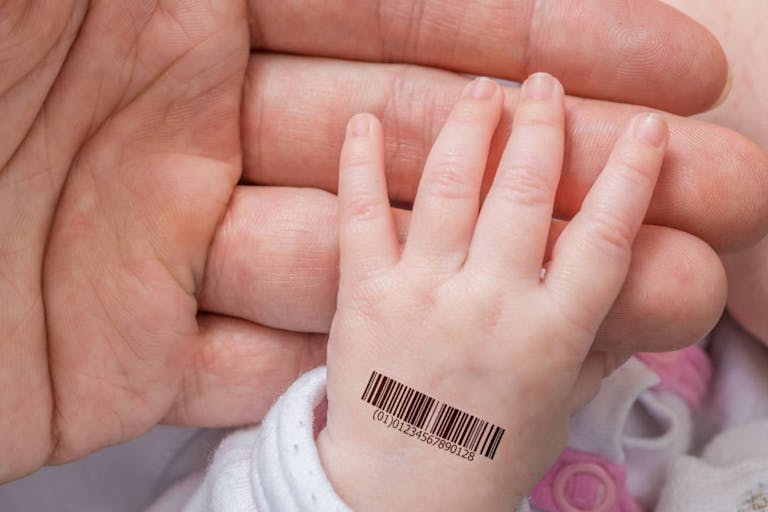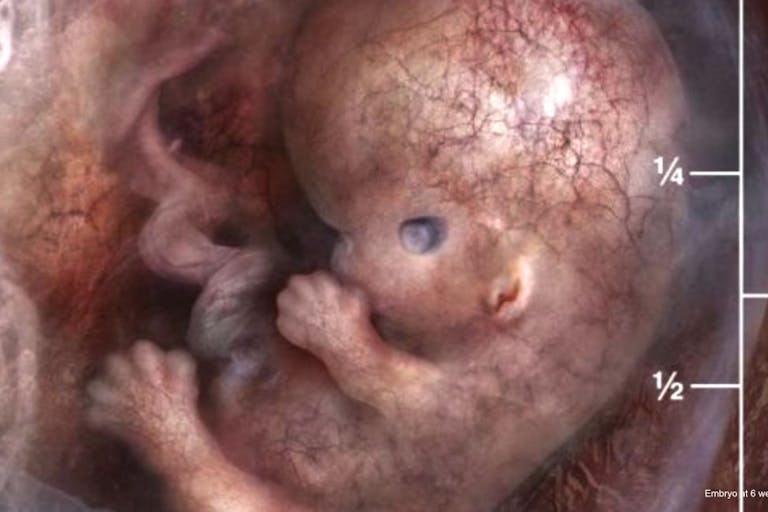
Why more regulation won't solve the ethical IVF crisis
Angeline Tan
·
Planned Parenthood files another complaint against South Carolina pro-life law
Update 9/18/23: Following the South Carolina Supreme Court’s decision to decline a request from Planned Parenthood that it reconsider its August 23 ruling upholding the state’s law protecting preborn children from abortion when a fetal heartbeat is detectable (at about six weeks gestation), Planned Parenthood has now requested that the law be extended.
Justice John Kittredge had written in a footnote that the court would “leave for another day” whether or not the language in the pro-life bill “refers to one period of time during a pregnancy or two separate periods of time.” The law refers to the approximate time frame when a doctor can first detect a preborn child’s heartbeat at about six weeks. The heart first begins to beat at about 21 days post-fertilization.
However, in a complaint filed by Planned Parenthood on Thursday, it wrote that the pro-life law should be interpreted to take effect after about nine weeks, because, it argues, that’s when the main sections of the heart have developed.
However, the four chambers of the heart exist just 28 days (four weeks) after fertilization and are fully formed by 56 days (eight weeks), according to research from Pediatric Cardiology. The heart is the first organ to begin to function with a “nice flow of blood” at 23 days.
“The court itself has raised this issue and we think it needs to answer this ambiguity that it’s left open,” Catherine Humphreville, an attorney for Planned Parenthood Federation of America, told The Associated Press.
8/31/23: On Tuesday, the South Carolina Supreme Court declined Planned Parenthood’s request that it reconsider its August 23 ruling which upheld the state’s law protecting preborn children from abortion if a fetal heartbeat is detectable (usually at about six weeks gestation).
Article continues below
Dear Reader,
In 2026, Live Action is heading straight where the battle is fiercest: college campuses.
We have a bold initiative to establish 100 Live Action campus chapters within the next year, and your partnership will make it a success!
Your support today will help train and equip young leaders, bring Live Action’s educational content into academic environments, host on-campus events and debates, and empower students to challenge the pro-abortion status quo with truth and compassion.
Invest in pro-life grassroots outreach and cultural formation with your DOUBLED year-end gift!
The court voted 4-1 to refuse the request from Planned Parenthood and other abortionists that the court answer the question posed by the lawsuit regarding what the use of the term “fetal cardiac activity” means in the law.
Planned Parenthood sought to know if the law is referring to the first activity of the heart (referred to uncontroversially by medical professionals for decades as the “heartbeat”), which occurs around 21 days post-fertilization — and which can be detected by doctors at about six weeks gestation by Doppler — or if it is referring to when Planned Parenthood says the four chambers of the heart are fully formed at 17 to 20 weeks.
However, the four chambers exist just 28 days (four weeks) after fertilization and are fully formed by 56 days (eight weeks), according to research from Pediatric Cardiology.

Planned Parenthood wanted the court to contradict this science and determine that “fetal cardiac activity” does not exist until 17-20 weeks. With its request, Planned Parenthood is following the lead of the pro-abortion American College of Obstetricians and Gynecologists, which erroneously claims, “Until the chambers of the heart have been developed and can be detected via ultrasound (roughly 17-20 weeks of gestation), it is not accurate to characterize the embryo’s or fetus’s cardiac development as a heartbeat.”
According to Denise Burke, senior counsel for Alliance Defending Freedom, if the court had ruled the way Planned Parenthood had hoped, abortion advocates could have used that decision to further attack heartbeat laws in other states.
South Carolina Attorney General Alan Wilson, celebrated the state Supreme Court’s decision. “The right to life is foremost and absolutely must be protected and prioritized,” he said.
Live Action News is pro-life news and commentary from a pro-life perspective.
Contact editor@liveaction.org for questions, corrections, or if you are seeking permission to reprint any Live Action News content.
Guest Articles: To submit a guest article to Live Action News, email editor@liveaction.org with an attached Word document of 800-1000 words. Please also attach any photos relevant to your submission if applicable. If your submission is accepted for publication, you will be notified within three weeks. Guest articles are not compensated (see our Open License Agreement). Thank you for your interest in Live Action News!

Angeline Tan
·
Analysis
Cassy Cooke
·
Analysis
Angeline Tan
·
International
Bridget Sielicki
·
International
Angeline Tan
·
International
Cassy Cooke
·
Issues
Nancy Flanders
·
Human Interest
Nancy Flanders
·
Investigative
Nancy Flanders
·
Pop Culture
Nancy Flanders
·
Human Interest
Nancy Flanders
·